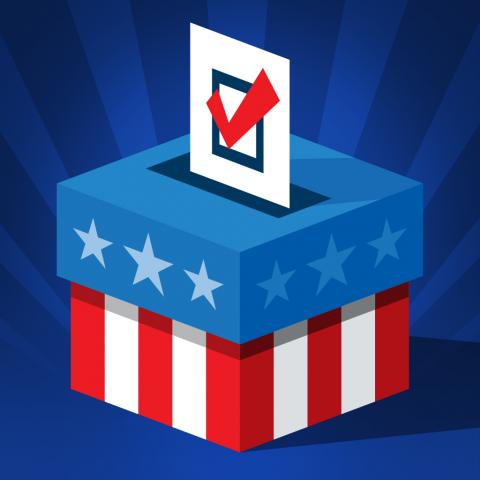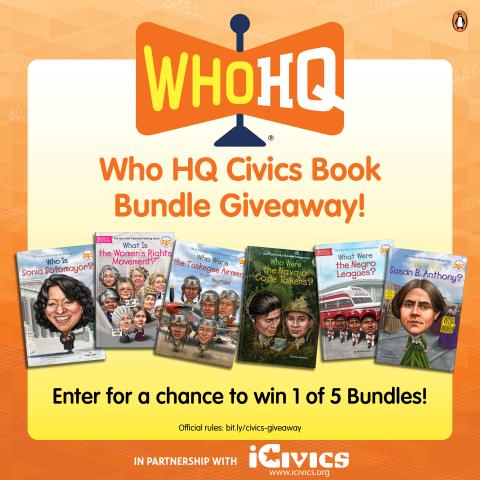I’ve always loved teaching cases from the Supreme Court of the United States (SCOTUS) in my U.S. History or Government classes. They’re engaging, they can foster informed discussions, and they can demonstrate what a branch of the government actually does. And for students, they can really hit home, which is what can make SCOTUS cases the secret sauce for your curriculum.
I remember teaching Loving v. Virginia (1967) to my sophomores one year. That’s the case that outlawed bans on interracial marriage. While the class was reading the case summary, one of my biracial students looked up and said, “Hey, this is me,” as he pointed to his paper. “This case is about me and my family.” I confirmed that it was indeed. As we started to review the case details and Virginia’s argument in particular, the room filled with guffaws, tsks, and sounds of tooth sucking. Students were not happy.
I didn’t reveal the Court’s decision just yet. Instead, with some carefully planned questions, I led the class in a discussion. It got a little heated, but not in a bad way. Rather, the class as a whole was “ticked off” that the government could say who you were allowed to marry. When I finally revealed the Court’s decision, the room exploded in applause, high fives, and pumped fists. The biracial student who had spoken earlier crossed his arms across his chest and nodded with a confident pride. “I like this case,” he said.
As educators, we all know if a student sees themselves in a lesson, they are far more likely to engage and learn. That was one of the goals behind iCivics adding nine new SCOTUS mini-lessons to our Landmark Library. We wanted to include voices that often don’t get heard, give students the opportunity to see how the government affects lives, and provide stories of people students can relate to.
With the range of topics these cases cover, it’s not hard to find a place to weave them into your curriculum, even if they’re not listed in your state standards. If you’re teaching U.S. History, U.S. Government, or civics, these cases can bring depth and context to a given time period. Whether you’re studying post-Civil War westward expansion [Elk v. Wilkins (1884)], the Chinese Exclusion Act [U.S. v. Wong Kim Ark (1898)], or civil rights [Loving v. Virginia (1967)], these cases open the door for discussions about discrimination and inequality and demonstrate how laws and government decisions directly affect people’s lives and choices.
These cases also help you bring some of our most important federal laws to life by showing students how they protect them in everyday situations. Illustrate how amazing the Civil Rights Act of 1964 is by exploring how it helped make English language learner supports a requirement in public schools [Lau v. Nichols (1974)], and protected a teenager’s right to get a job when a company refused to hire her because she wore a hijab [EEOC v. Abercrombie & Fitch (2015)]. Or show how powerful the Americans with Disabilities Act is that even the Professional Golf Association must comply [PGA Tour, Inc. v. Martin (2001)].
And, of course, what’s old is new again, and these cases allow you to make great connections to contemporary issues. When I taught current events, I spent a lot of time searching for student resources that would provide them with informed arguments about a topic. These SCOTUS cases do just that. Having taught in a diverse classroom, I would have loved to see my students become impassioned while exploring issues of women’s equality [U.S. v. Virginia (1996)], religious freedom [Lyng v. Northwest Indian Cemetery Protective Association (1988)], and gay marriage [Obergefell v. Hodges (2015)].
I hope you will dig into our Landmark Library and explore these new cases. They help students learn about their rights, hear different perspectives, and realize that there are always (at least) two sides to an issue. More importantly, these cases let students see themselves in the story and, in most, observe an example of the government working for them. I can’t think of anything more empowering or rewarding than that.

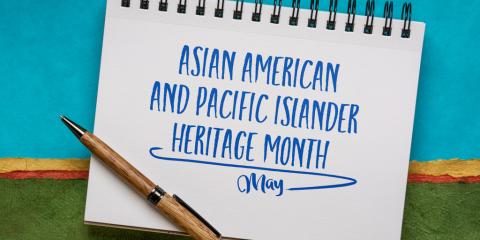
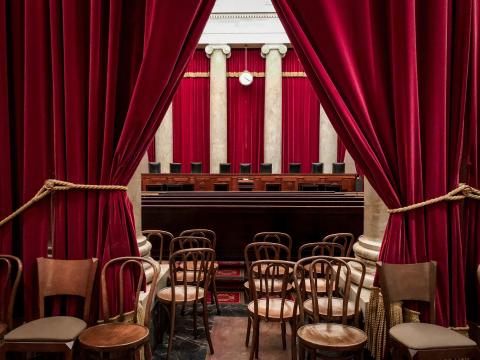

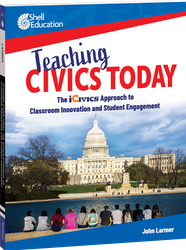
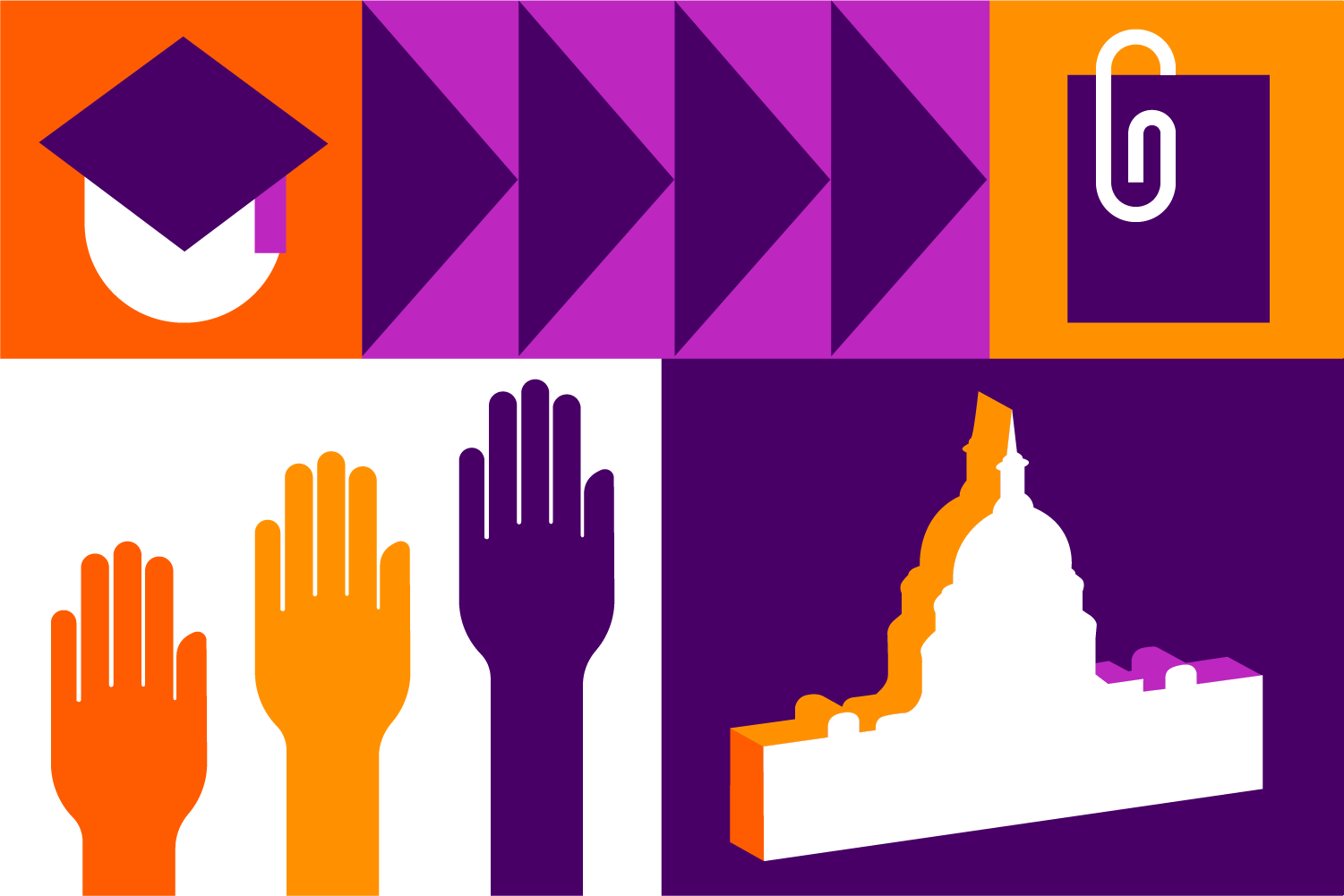



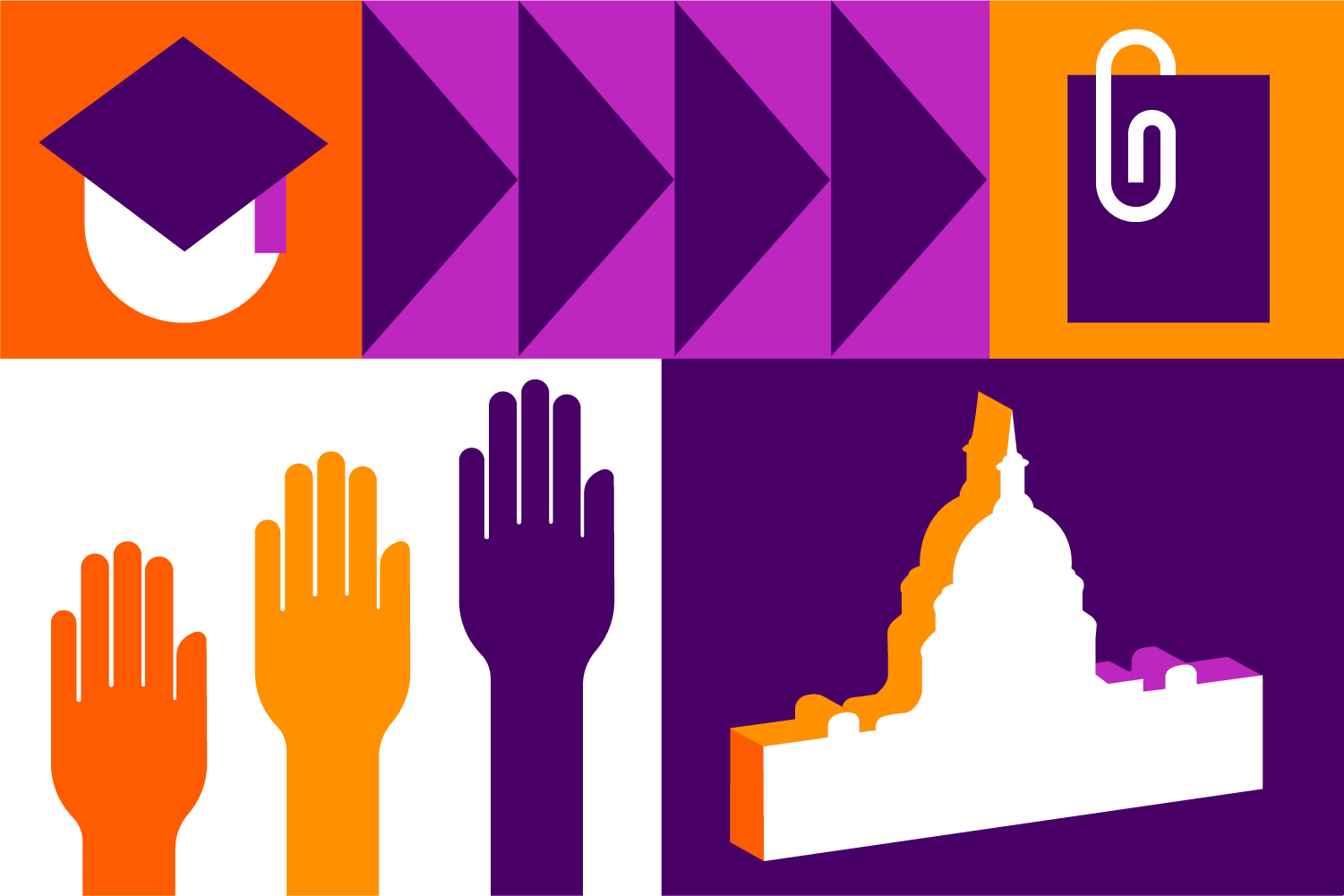
 become a member of the White House Press Corps. In her position, she asked leaders tough questions and wrote hard-hitting news stories. Her persistence brought civil rights issues to a national audience and put Black people’s experiences on the front page.
become a member of the White House Press Corps. In her position, she asked leaders tough questions and wrote hard-hitting news stories. Her persistence brought civil rights issues to a national audience and put Black people’s experiences on the front page.

